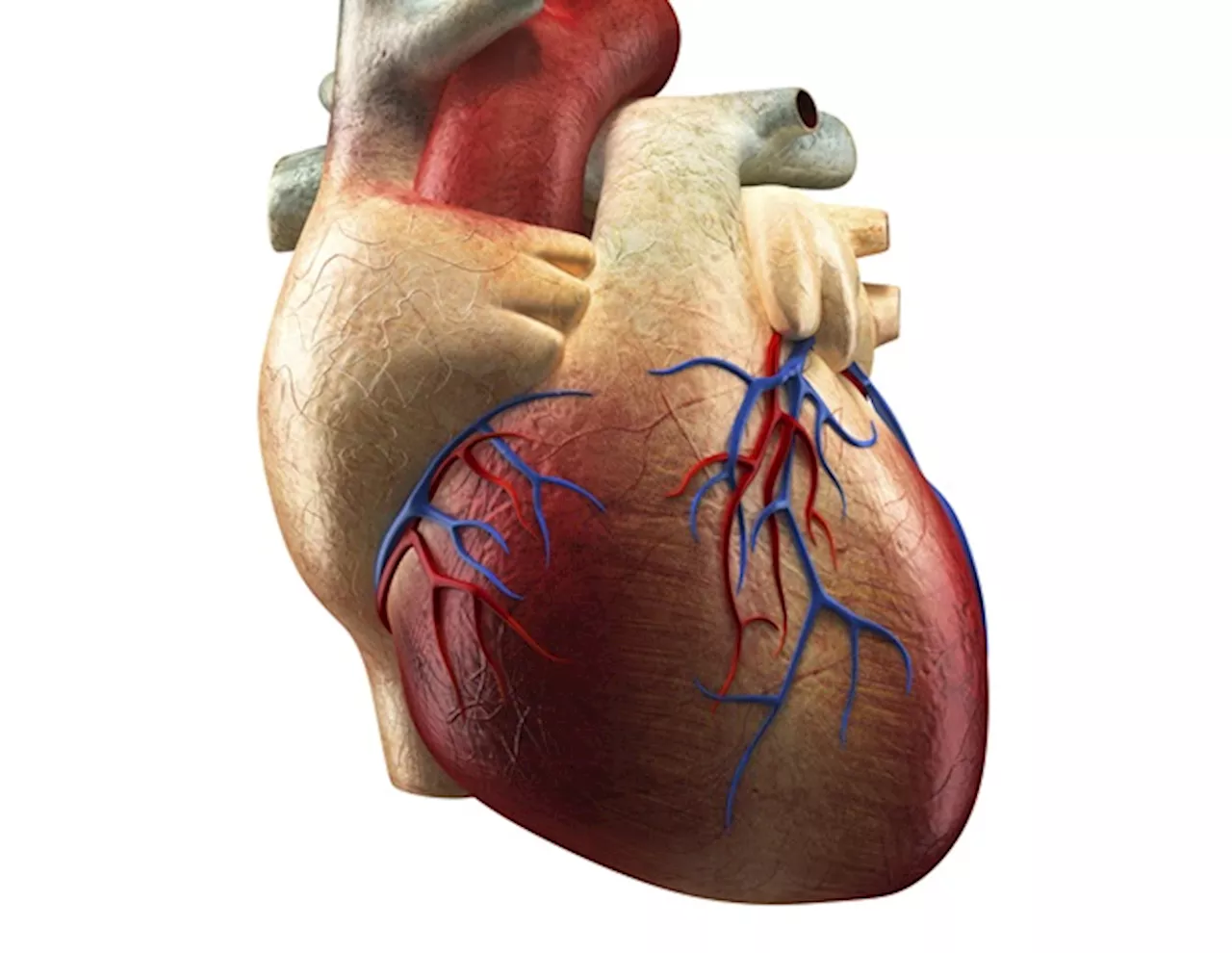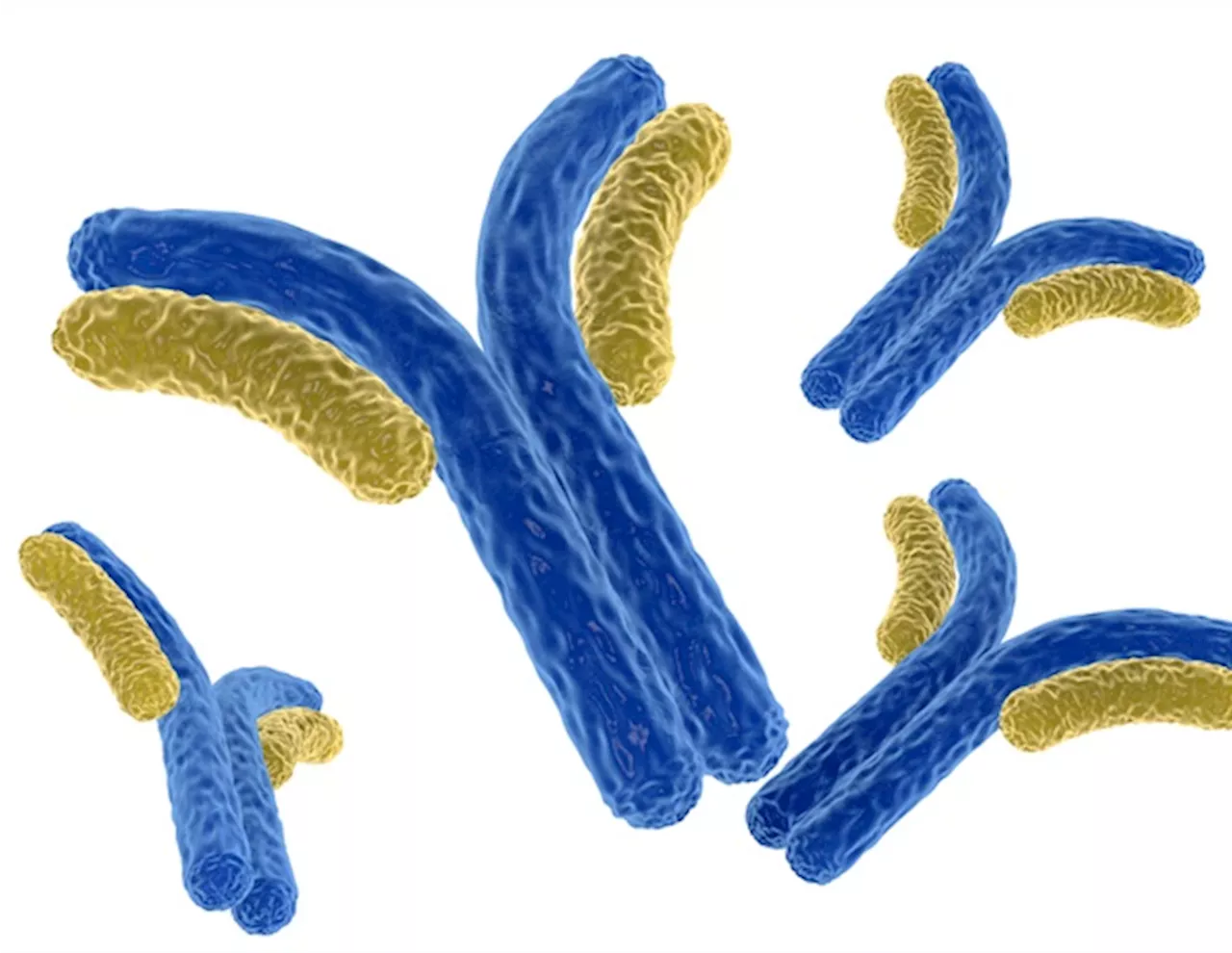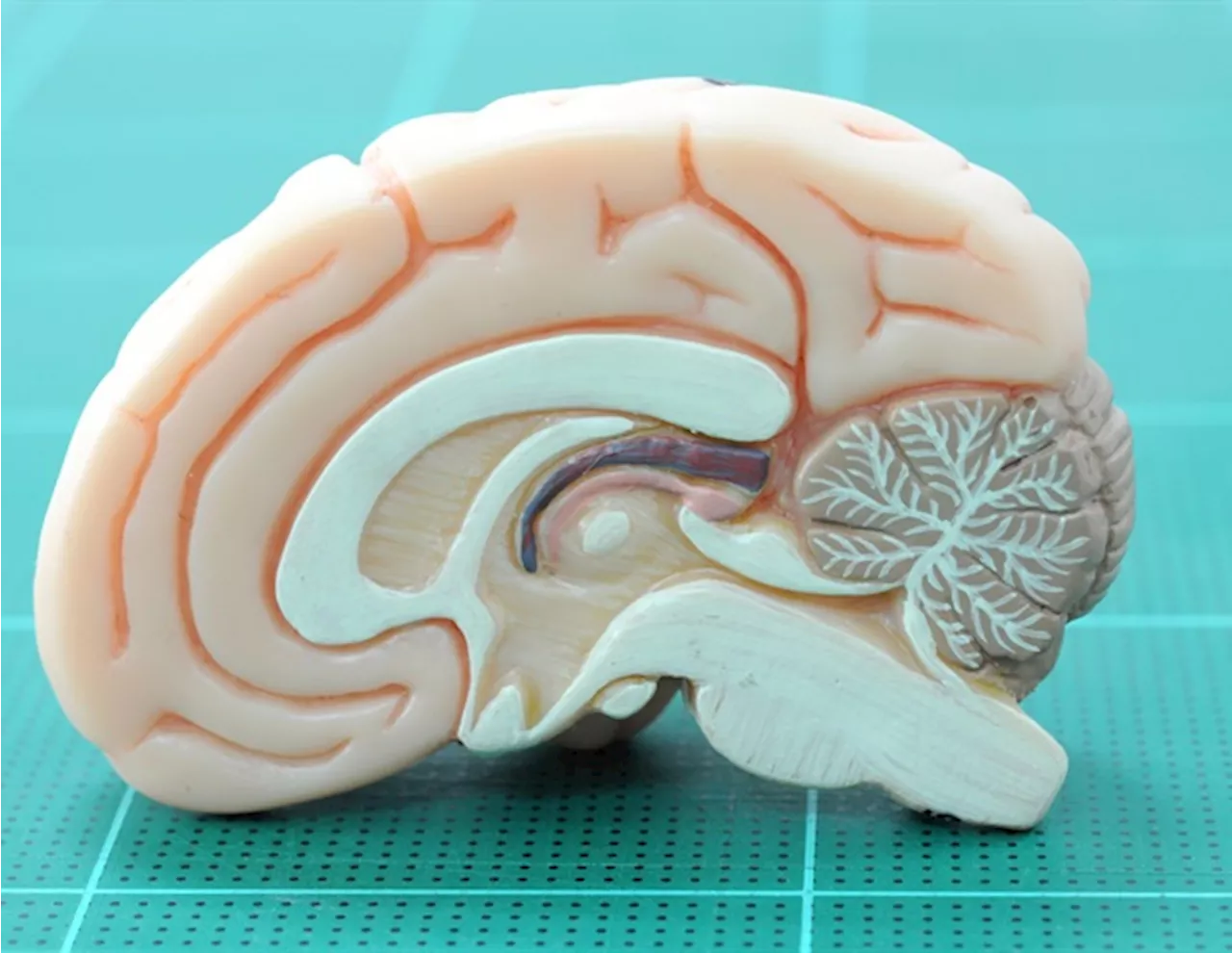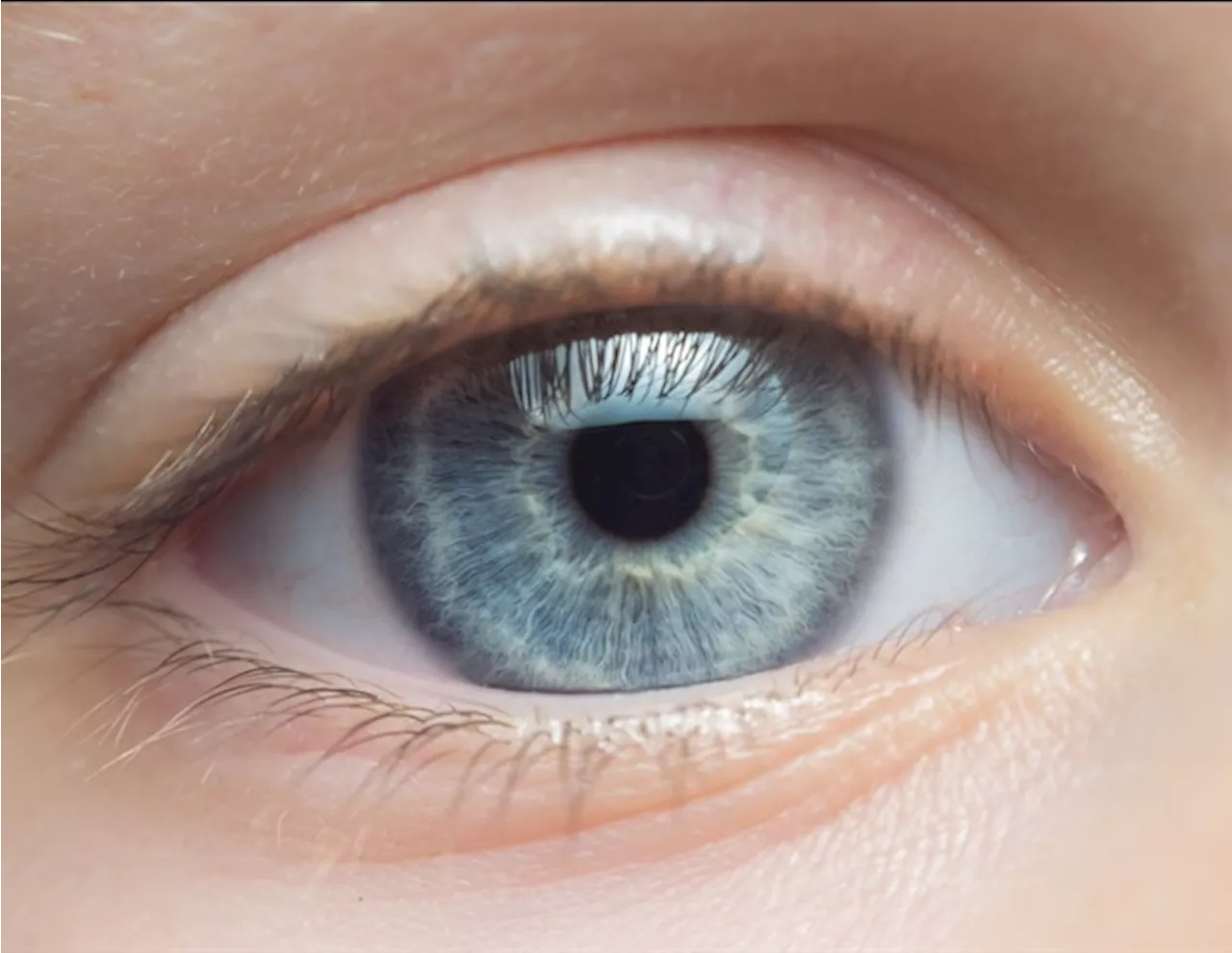Trachomatous trichiasis, a potentially blinding condition where inward-turned eyelashes scratch the front of the eye, can successfully be treated by either of the two most common types of eyelid surgery, according to findings from a large comparison trial funded by the National Institutes of Health.
NIH/National Eye InstituteSep 18 2024
Some studies have reported post-operative trichiasis rates of 30% or higher for patients with trachomatous trichiasis following surgery, and repeat surgeries are more difficult. This trial sought to determine if we could decrease the risk of post-operative trichiasis by modifying the surgical procedure. We found that existing approaches result in better outcomes." Trachomatous trichiasis affects approximately 1.7 million people worldwide, mostly in poor and rural areas of Africa.
Related StoriesAdditionally, previous analysis of eyelids treated with the other surgery, bilamellar tarsal rotation , suggested that placing the surgical incision slightly further from the edge of the eyelid might lead to fewer recurrences, but this change had not previously been tested. The current study directly compared these three surgery approaches and evaluated the risk of post-operative trichiasis.
Cornea Eye Medical Research Research Surgery
United States Latest News, United States Headlines
Similar News:You can also read news stories similar to this one that we have collected from other news sources.
 Northwestern NUCATS Institute secures $55 million NIH grant for health care advancementsThe Northwestern University Clinical and Translational Sciences (NUCATS) Institute has received $55 million in National Institutes of Health (NIH) funding to accelerate the development, evaluation and implementation of improved health care interventions.
Northwestern NUCATS Institute secures $55 million NIH grant for health care advancementsThe Northwestern University Clinical and Translational Sciences (NUCATS) Institute has received $55 million in National Institutes of Health (NIH) funding to accelerate the development, evaluation and implementation of improved health care interventions.
Read more »
 NIH awards multi-million grant for groundbreaking organ transplantation researchResearchers at the Terasaki Institute for Biomedical Innovation have been awarded a multi-million grant from the National Institutes of Health (NIH) to advance research in organ transplantation and antibody-mediated rejection.
NIH awards multi-million grant for groundbreaking organ transplantation researchResearchers at the Terasaki Institute for Biomedical Innovation have been awarded a multi-million grant from the National Institutes of Health (NIH) to advance research in organ transplantation and antibody-mediated rejection.
Read more »
 New $3.26 million grant launches Undiagnosed Diseases Network site in New YorkA new four-year, $3.26 million grant from the National Institute of Neurological Disorders and Stroke (NINDS), a part of the National Institutes of Health (NIH), establishes the first Undiagnosed Diseases Network (UDN) site in the New York metropolitan area.
New $3.26 million grant launches Undiagnosed Diseases Network site in New YorkA new four-year, $3.26 million grant from the National Institute of Neurological Disorders and Stroke (NINDS), a part of the National Institutes of Health (NIH), establishes the first Undiagnosed Diseases Network (UDN) site in the New York metropolitan area.
Read more »
 NIH funds study on psychedelics' potential to treat methamphetamine addictionJohn McCorvy, PhD, Assistant Professor in the Department of Cell Biology, Neurobiology, and Anatomy at the Medical College of Wisconsin (MCW); Adam Halberstadt, PhD, Professor of Psychiatry at the University of California San Diego (UCSD) and Director of the UCSD Center for Psychedelic Research; and Kevin Murnane, PhD, Associate Professor of...
NIH funds study on psychedelics' potential to treat methamphetamine addictionJohn McCorvy, PhD, Assistant Professor in the Department of Cell Biology, Neurobiology, and Anatomy at the Medical College of Wisconsin (MCW); Adam Halberstadt, PhD, Professor of Psychiatry at the University of California San Diego (UCSD) and Director of the UCSD Center for Psychedelic Research; and Kevin Murnane, PhD, Associate Professor of...
Read more »
![]() NIH funds study to assess wearable sleep trackers for Alzheimer's predictionThe National Institutes of Health has awarded Joyita Dutta, professor of biomedical engineering at the University of Massachusetts Amherst, $3.9 million over five years to study if wearable sleep trackers can predict blood biomarkers of Alzheimer's disease in at-risk individuals.
NIH funds study to assess wearable sleep trackers for Alzheimer's predictionThe National Institutes of Health has awarded Joyita Dutta, professor of biomedical engineering at the University of Massachusetts Amherst, $3.9 million over five years to study if wearable sleep trackers can predict blood biomarkers of Alzheimer's disease in at-risk individuals.
Read more »
 $1.2 million NIH grant may help unravel the interplay between Down syndrome and myeloid leukemiaA four-year, $1.2 million grant from the National Cancer Institute of the National Institutes of Health may help researchers find new clues to the interplay between Down syndrome (DS) and myeloid leukemia (ML).
$1.2 million NIH grant may help unravel the interplay between Down syndrome and myeloid leukemiaA four-year, $1.2 million grant from the National Cancer Institute of the National Institutes of Health may help researchers find new clues to the interplay between Down syndrome (DS) and myeloid leukemia (ML).
Read more »
